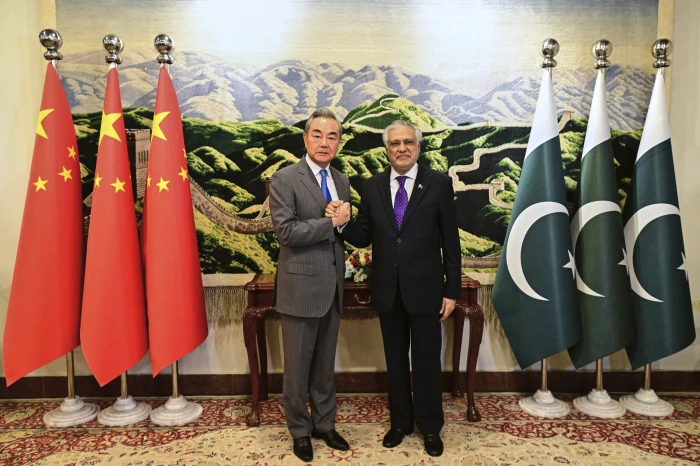Solar Power Investments Boost Employment in Remote Communities
Large-scale solar farms in Chile, Brazil, and Peru are generating thousands of construction and maintenance jobs, offering new employment opportunities in regions where economic activity has historically been limited. These projects require a wide range of skills, from civil engineering and electrical work to logistics and on-site support, allowing both skilled and semi-skilled workers to benefit. Beyond employment, solar investments are also expanding electricity access in underserved rural areas, improving the quality of life for households and enabling small businesses to operate more efficiently. Reliable power is fostering the growth of rural enterprises such as food processing, refrigeration, and digital services, which were previously constrained by energy shortages. Additionally, local governments are reporting higher tax revenues from renewable energy operations, funds that are being reinvested into public services such as education, healthcare, and road networks. Analysts suggest that if current growth continues, solar energy could become a cornerstone of rural development in Latin America, linking climate action with inclusive economic progress.
Wind Energy Expansion Creates Long-Term Skilled Opportunities
Wind power projects in Mexico, Uruguay, and Argentina are providing stable, skilled jobs in engineering, operations, and maintenance, creating career paths that extend well beyond the initial construction phase. These initiatives are not only diversifying rural economies but also attracting new infrastructure investments such as upgraded roads, transmission lines, and logistics hubs to support the wind farms. Local universities and technical schools are beginning to partner with energy companies to offer specialized training programs, ensuring that rural workers can acquire the certifications needed for long-term employment in the sector.

The impact goes beyond direct job creation. Wind farms are helping stabilize regional power grids, lowering energy costs for nearby communities and businesses. In some cases, surplus electricity is being sold to urban centers, generating revenue that supports local development funds. Communities near these projects are also benefiting from corporate social responsibility initiatives, which include investments in education, healthcare, and environmental conservation. Analysts argue that wind energy is uniquely positioned to deliver sustainable, high-quality jobs in Latin America’s rural areas while aligning with global efforts to cut carbon emissions.






















3 comments
David Bowie
3 hours agoLogan Cee
2 dayes agoLuis Diaz
December 25, 2022